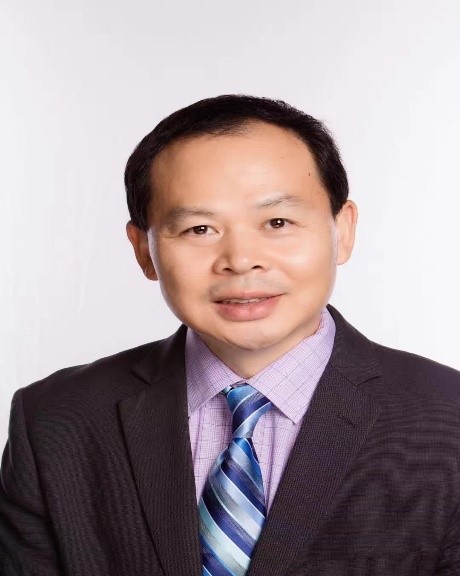【百家大讲堂】第171期:再制造运作中的分销渠道选择与部门冲突
讲座题目:再制造运作中的分销渠道选择与部门冲突
报 告 人:刘云川
时 间:2019年3月16日上午9:30分
地 点:研究生楼608
主办单位:研究生院、管理与经济学院
报名方式:登录永利集团3044欢迎光临微信企业号---第二课堂---课程报名中选择“【百家大讲堂】第171期:再制造运作中的分销渠道选择与部门冲突”
【主讲人简介】

刘云川是美国伊利诺伊大学香槟分校商学院(UIUC)终身教授,曾任伊利诺伊大学香槟分校市场营销主任,毕业于美国哥伦比亚大学,获市场营销学博士学位。刘教授是美国华人知名营销学者,是零售业,流通渠道,产品策略,和定价策略方面的专家,文章发表在《Marketing Science》和《Management Science》等顶级期刊上,并多次获得市场科学和管理科学期刊的评审奖。刘教授是一名优秀的教师,在MBA和博士生教学方面非常出色。他每年都名列伊利诺伊大学的优秀教师名单。2013年毕业的伊利诺伊大学MBA学生把他评选为年度教授最终候选人。刘教授是中国海外华人营销协会的联合创办人,每年组织中国市场营销国际年会,第七届年会暨中国创造展将在2019年7月22-25-22日在广州白云国际会议中心举行,预计3000人参会,包括500位海外教授和500家中国企业参展,将宣布"中国创造品牌500强”。他是海外华人会计、金融、管科、信管和营销五大协会的总协调人。另外,刘教授曾任美国中伊州华人协会主席,与美国企业界和政界有广泛的联系;刘教授也是伊利诺伊大学香槟分校商学院中国项目主任,正在推动伊利诺伊大学香槟分校和中国若干大学及企业界的合作项目,包括签署了UIUC和中科大合作协会以及正在进行的UIUC和浙江大学、同济大学的合作协议。刘教授致力于促进中外学术界和企业界的合作,帮助中国企业走向世界。刘教授积极参与了天下徽商亚太联盟的成立、正在设计和筹划天下徽商北美联盟在在美国的成立。
【讲座信息】
我们考虑一个由两个部门组成的公司,一个负责设计和制造新产品,另一个负责再制造业务。公司可以直接向消费者销售新产品和再造产品(直销),也可以通过独立零售商销售(间接销售)。研究表明,一个内部分散的制造和再制造部门可以从间接销售中受益,其企业利润、供应链利润、总消费需求都高于直接销售。此外,该结构还引出了可再制造产品的设计。相比之下,一个内部集中的公司,其制造和再制造部门是统一的,通过选择直接销售比间接销售直观地更好。此外,我们还指出,当焦点企业通过独立零售商进行销售时,分散的内部结构比集中的内部结构能带来更高的供应链利润。我们进一步研究了双专用渠道的情况,认为直接销售再制造产品和间接销售新产品可以更好地诱导再制造产品设计和更高的供应链利润,但在总销售额和公司利润方面不符合公司的最佳利益。
We consider a firm consisting of two divisions, one responsible for designing and manufacturing new products and the other responsible for remanufacturing operations. The firm may either directly sell to the consumers both new and remanufactured products (direct selling) or sell through an independent retailer (indirect selling). Our paper demonstrates that an internally decentralized firm with separate manufacturing and remanufacturing divisions can benefit from indirect selling with higher firm profit, supply chain profit, total consumer demand than direct selling. Moreover, this structure also induces a remanufacturable product design. In contrast, an internally centralized firm in which the manufacturing and remanufacturing divisions are consolidated is intuitively better off by choosing direct selling than indirect selling. Furthermore, we show that, when the focal firm sells through an independent retailer, a decentralized internal structure can result in higher supply chain profit than a centralized internal structure. We further investigate the case of dual dedicated channels and conclude that, while direct selling of remanufactured products and indirect selling of new products can better induce a remanufacturable product design and higher supply chain profit, it is not in the best interest of the firm in terms of total sales and firm profit.
